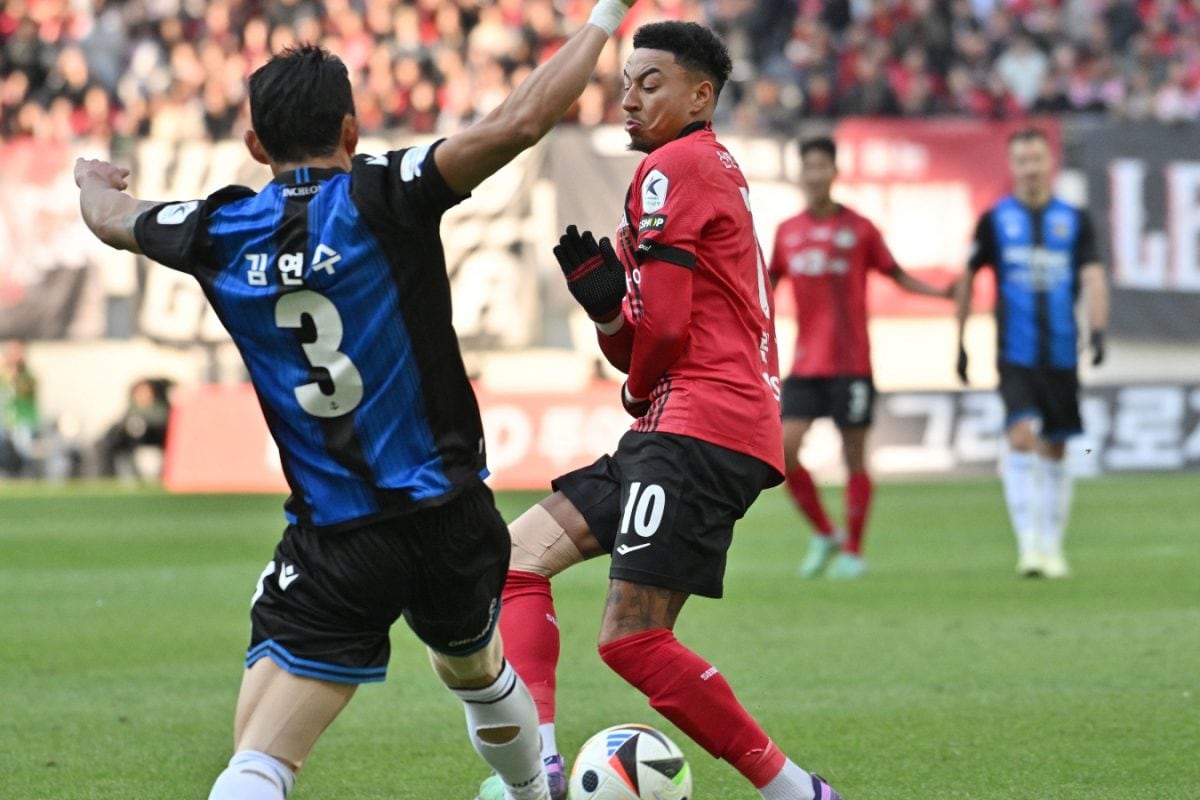

After 26 years, South Korea's K League is set to remove its ban on foreign goalkeepers, starting with the 2026 season. This landmark decision, made during a Korea Professional Football League board meeting on June 19, 2025, marks a significant shift in the league's approach to fostering domestic talent and enhancing its competitiveness on the global stage. The ban, initially implemented in 1999, aimed to protect and promote the development of homegrown goalkeepers when the K League consisted of only 10 professional clubs.
The landscape of South Korean football has changed dramatically since the ban was first introduced. The K League has expanded to include 26 professional clubs across its top two tiers, creating more opportunities for players. This expansion, coupled with a more mature domestic development infrastructure, has led the league to reconsider its long-standing policy. The board believes that sufficient opportunities now exist for domestic goalkeepers, even with the inclusion of foreign players.
Another key factor driving this change is the disproportionate increase in domestic goalkeeper salaries due to the restriction. With limited options, clubs have been forced to pay higher wages for Korean goalkeepers, creating an imbalance compared to outfield players. By opening the door to foreign goalkeepers, the league hopes to moderate these costs and create a more competitive market. The K League believes the level of goalkeepers in Korea has increased and the reintroduction of foreign goalkeepers will not have much impact on the current league and team.
The decision to lift the ban aligns the K League with other major Asian leagues in Japan, Saudi Arabia, and China, which already allow foreign goalkeepers. This move is expected to improve the overall quality of play and attract more international attention to the league. Clubs will now be able to use one of their existing foreign player slots for a goalkeeper, providing them with greater flexibility in roster construction.
Historically, the K League wasn't always closed to foreign goalkeepers. In the mid-1990s, many clubs relied on foreign keepers as their first-choice players, primarily from Eastern Europe and the former Soviet Union. This influx of foreign talent raised concerns about the development of domestic players, leading to the gradual implementation of restrictions, culminating in the full ban of 1999. One notable exception to this ban was Valeri Konstantinovich Sarychev, a Soviet-born goalkeeper who later naturalized as a South Korean citizen and became known as Shin Eui-son, or "God's Hand."
The impact of foreign players on football leagues has been a subject of extensive research. Studies suggest that while foreign players can enhance a team's attacking capabilities, there can be a saturation point where an over-reliance on foreign talent can negatively affect performance. Some studies also indicate that communication barriers may arise, which can affect defensive performance.
The K League's decision to lift the ban on foreign goalkeepers is a calculated move aimed at boosting competition, controlling costs, and aligning with global football standards. While the original ban played a role in nurturing domestic talent, the league now believes that the time is right to embrace a more open and competitive environment. As of 2026, the K League will enter a new chapter, where the safest pair of hands on a team could once again come from beyond South Korea's borders.